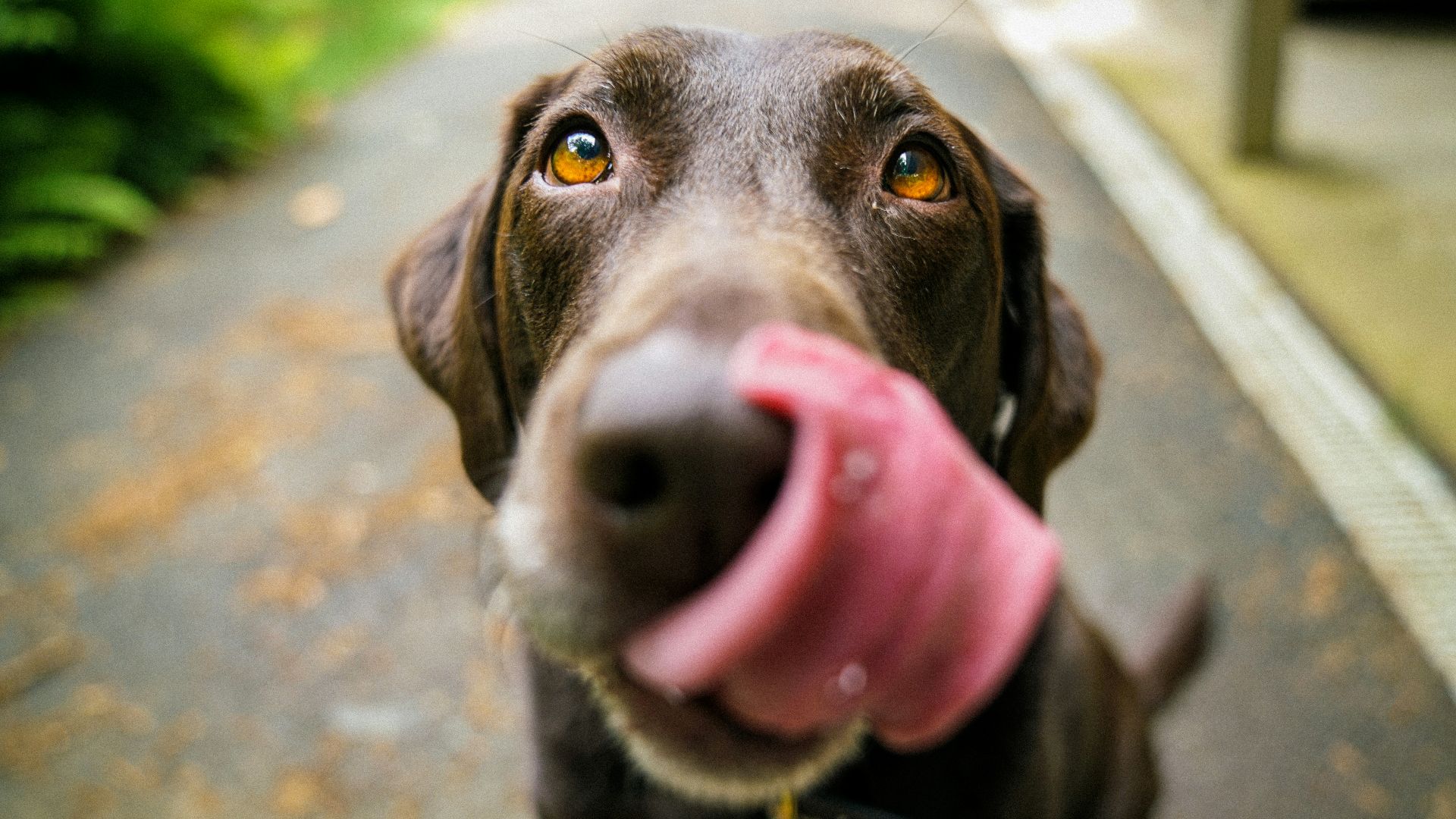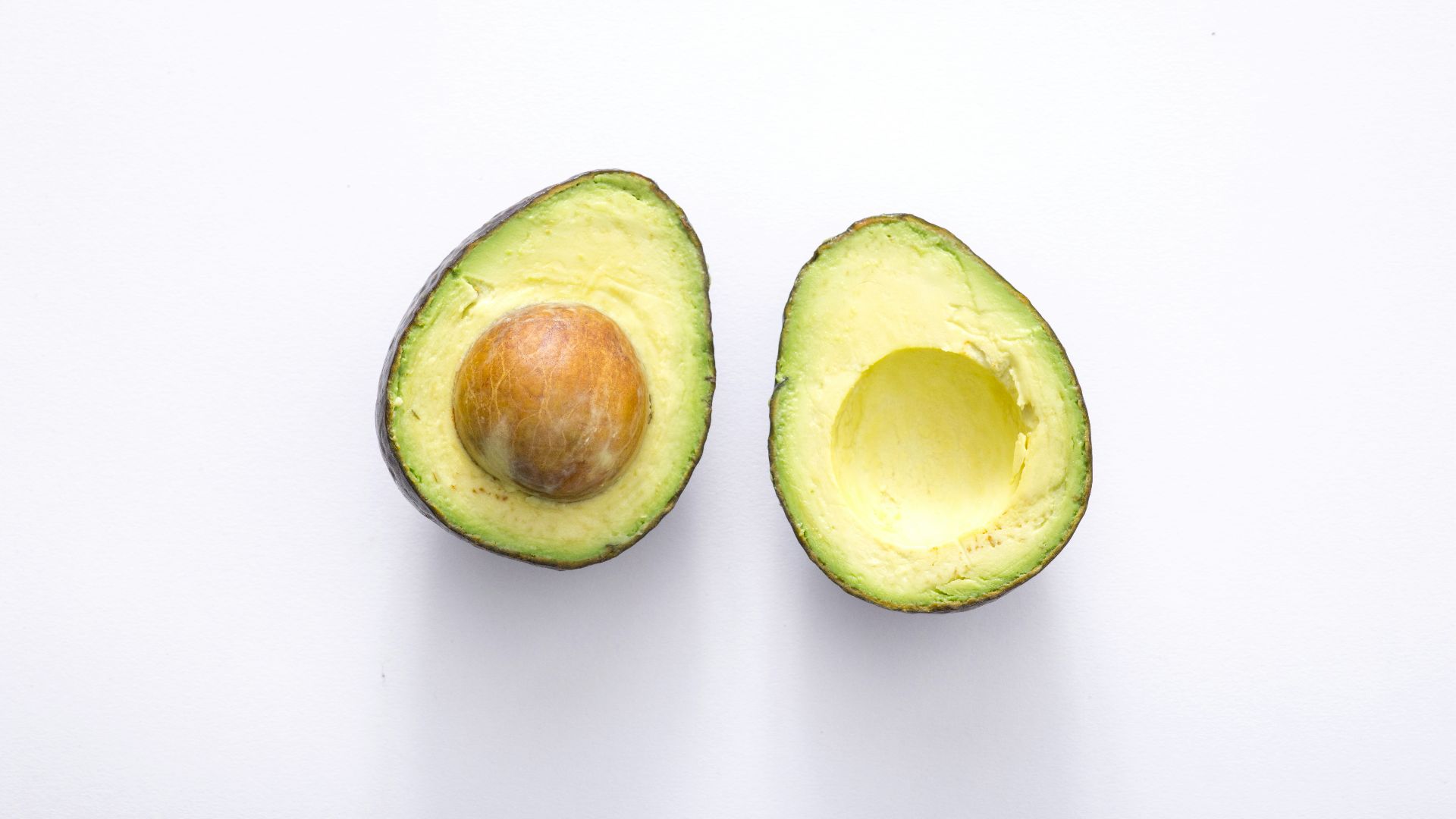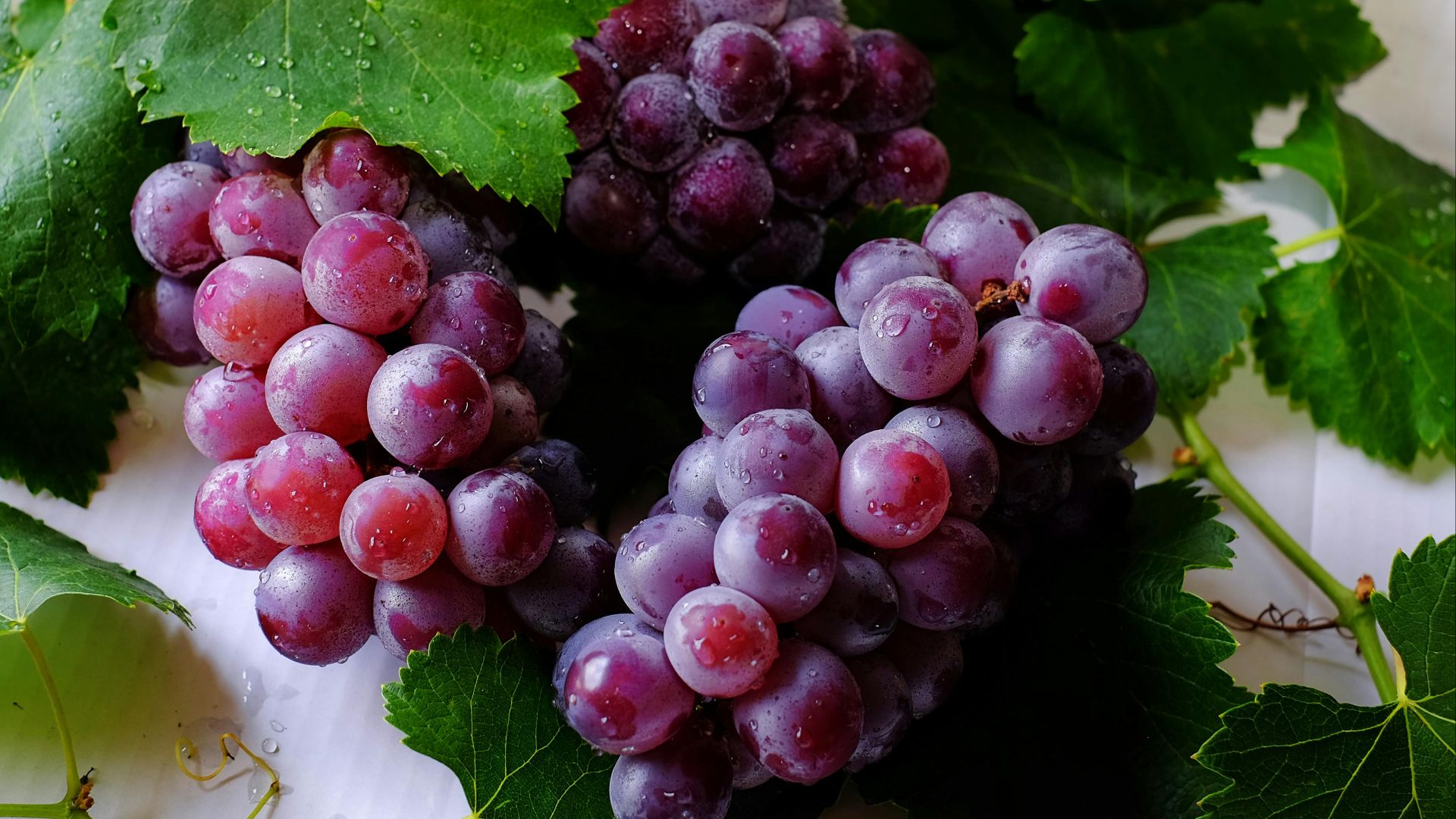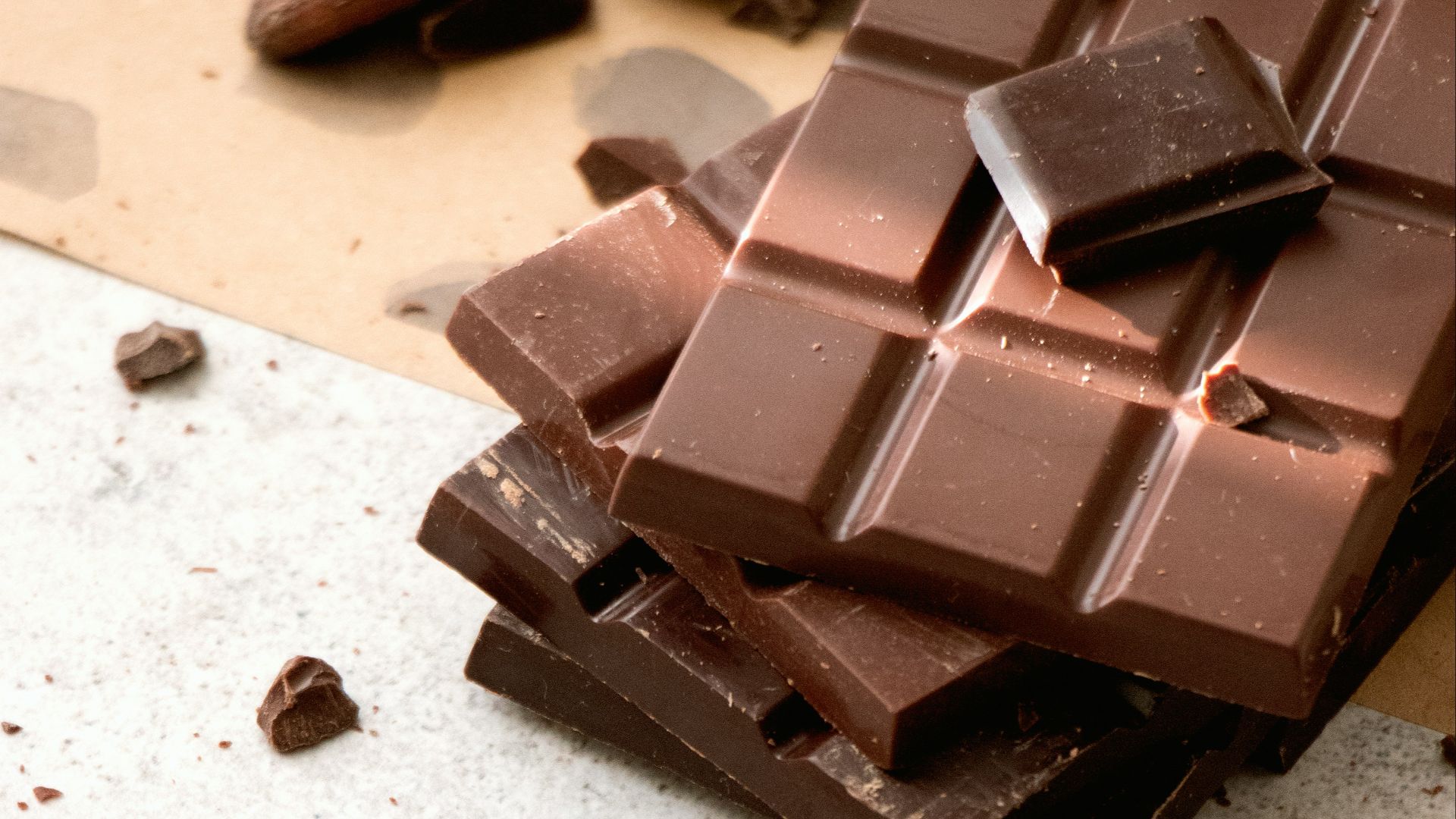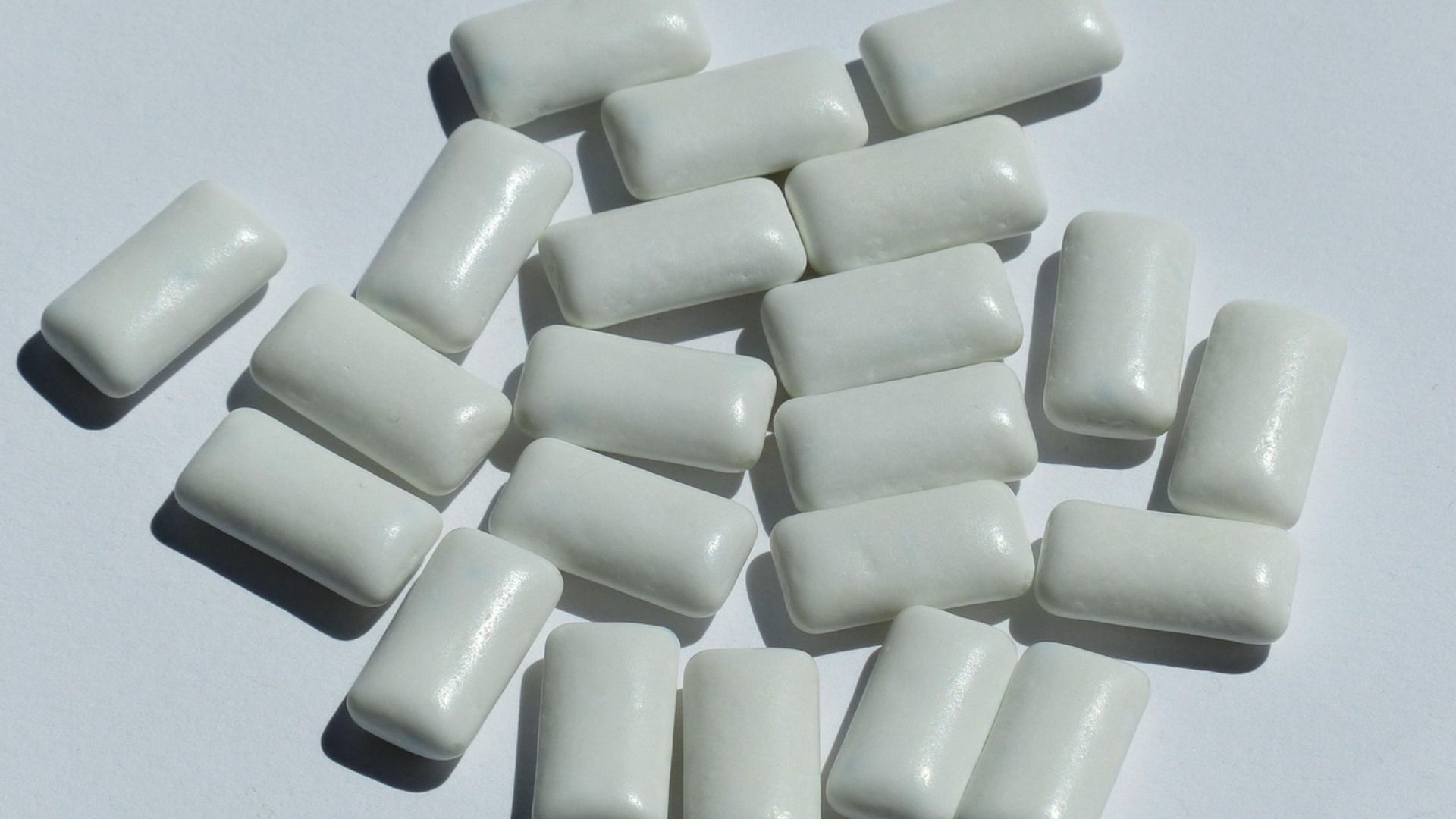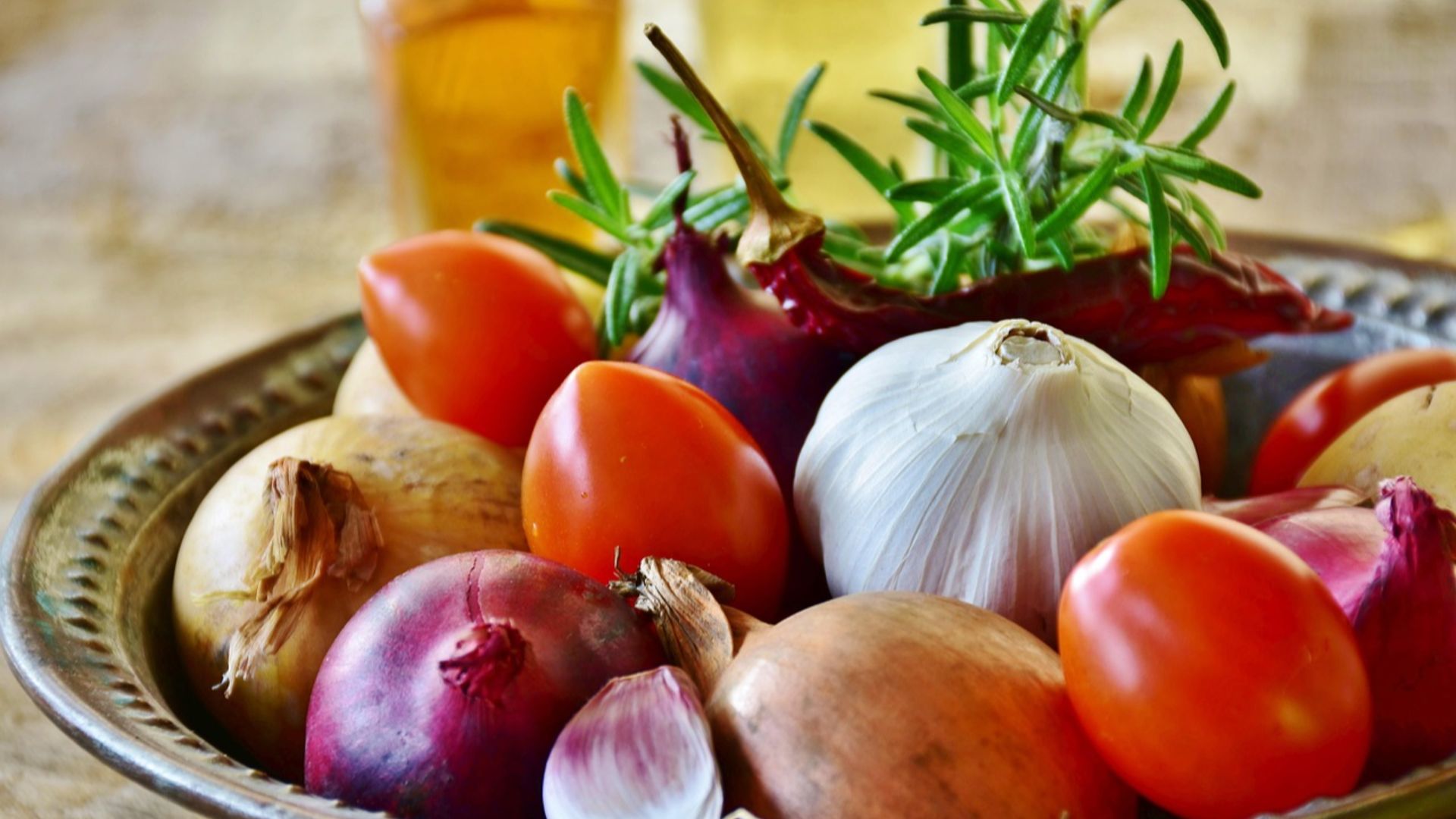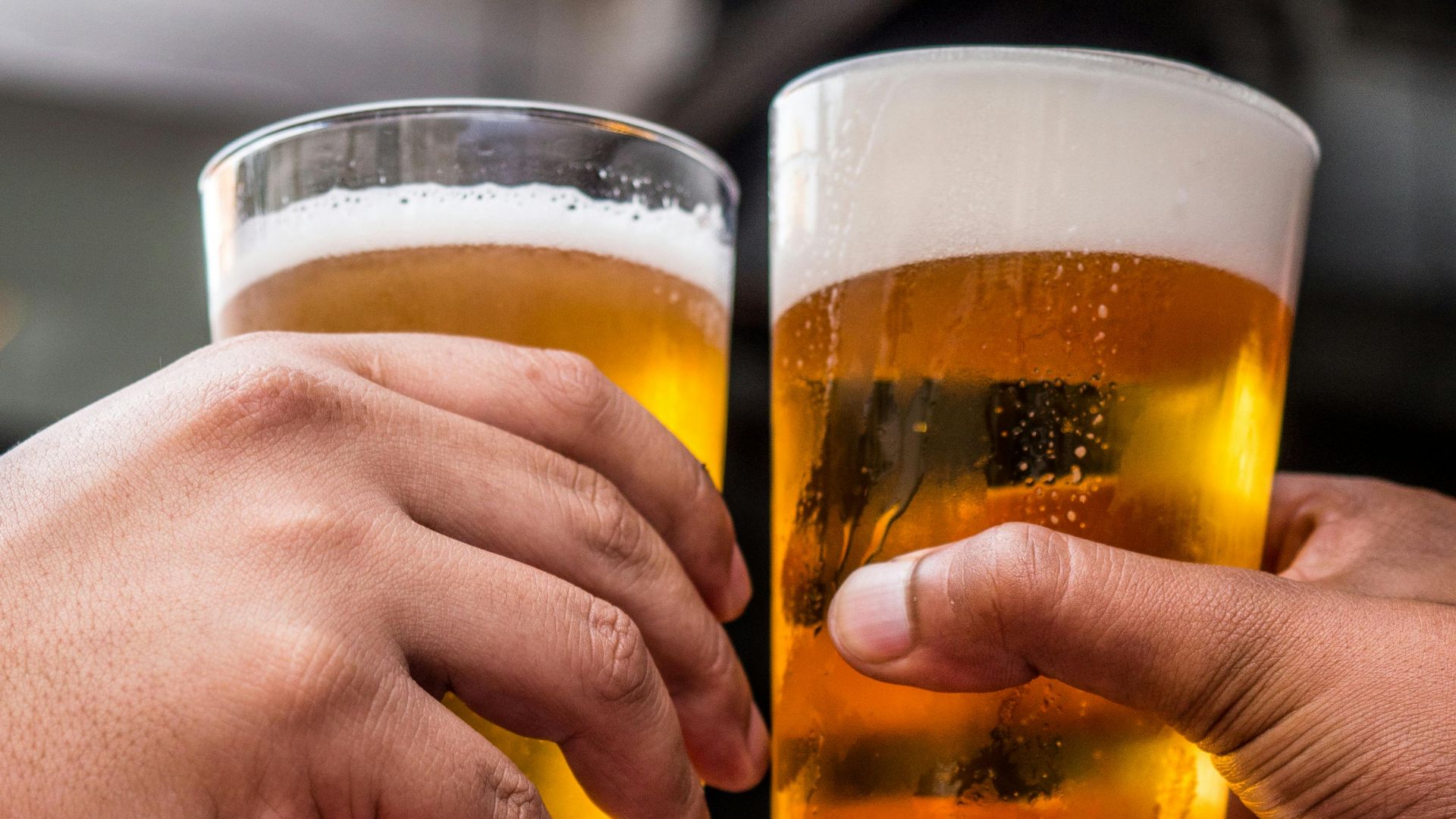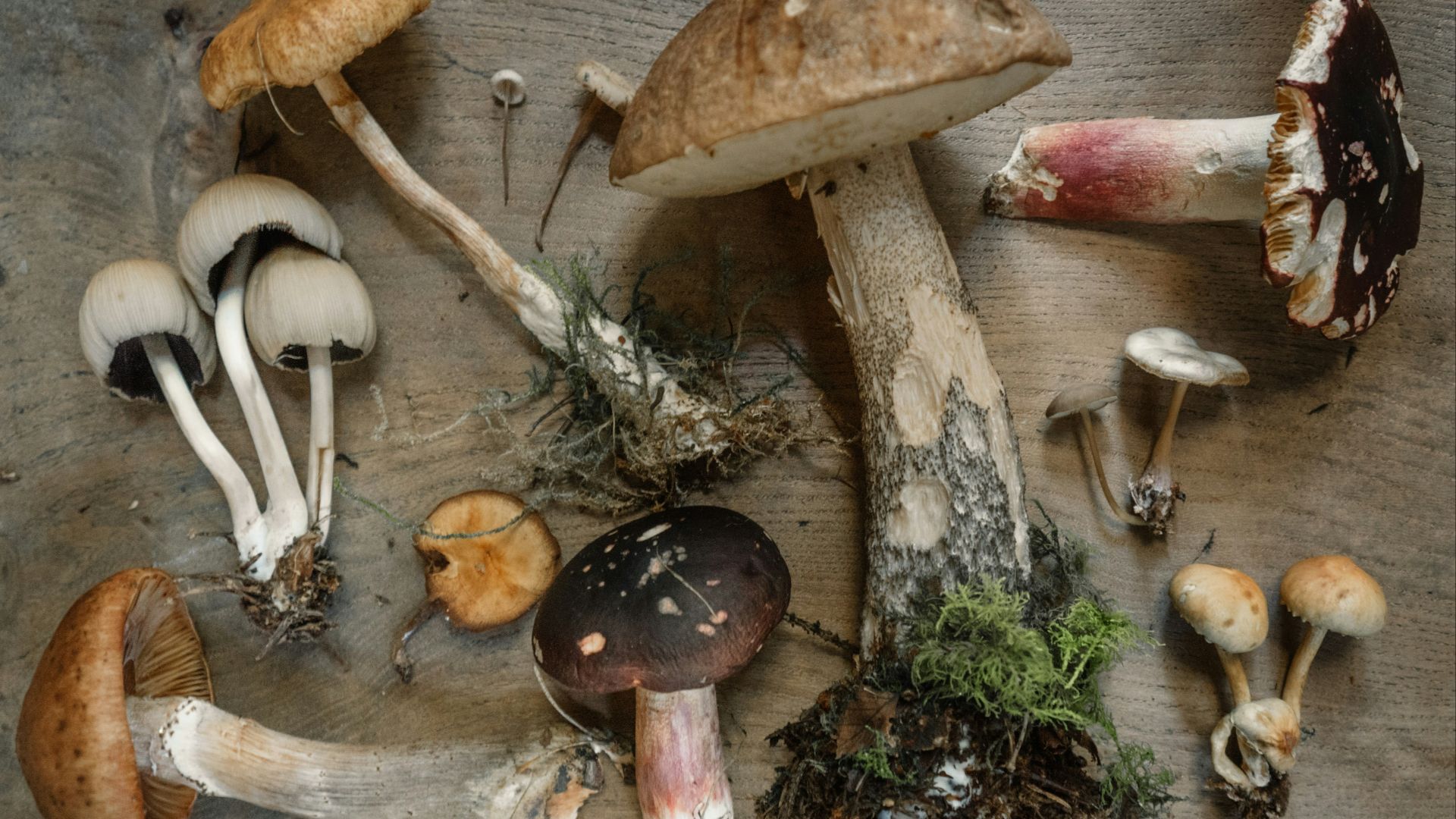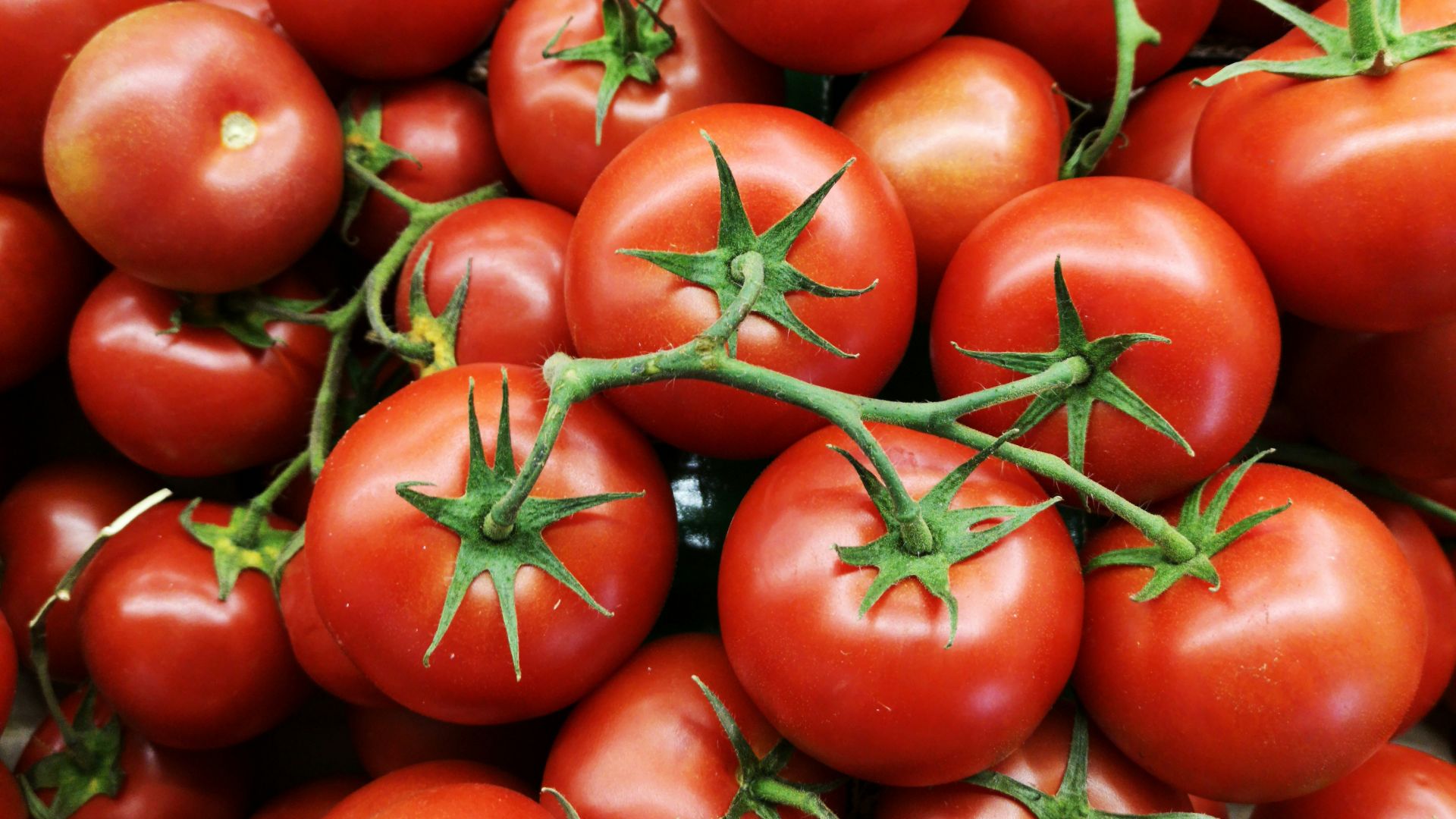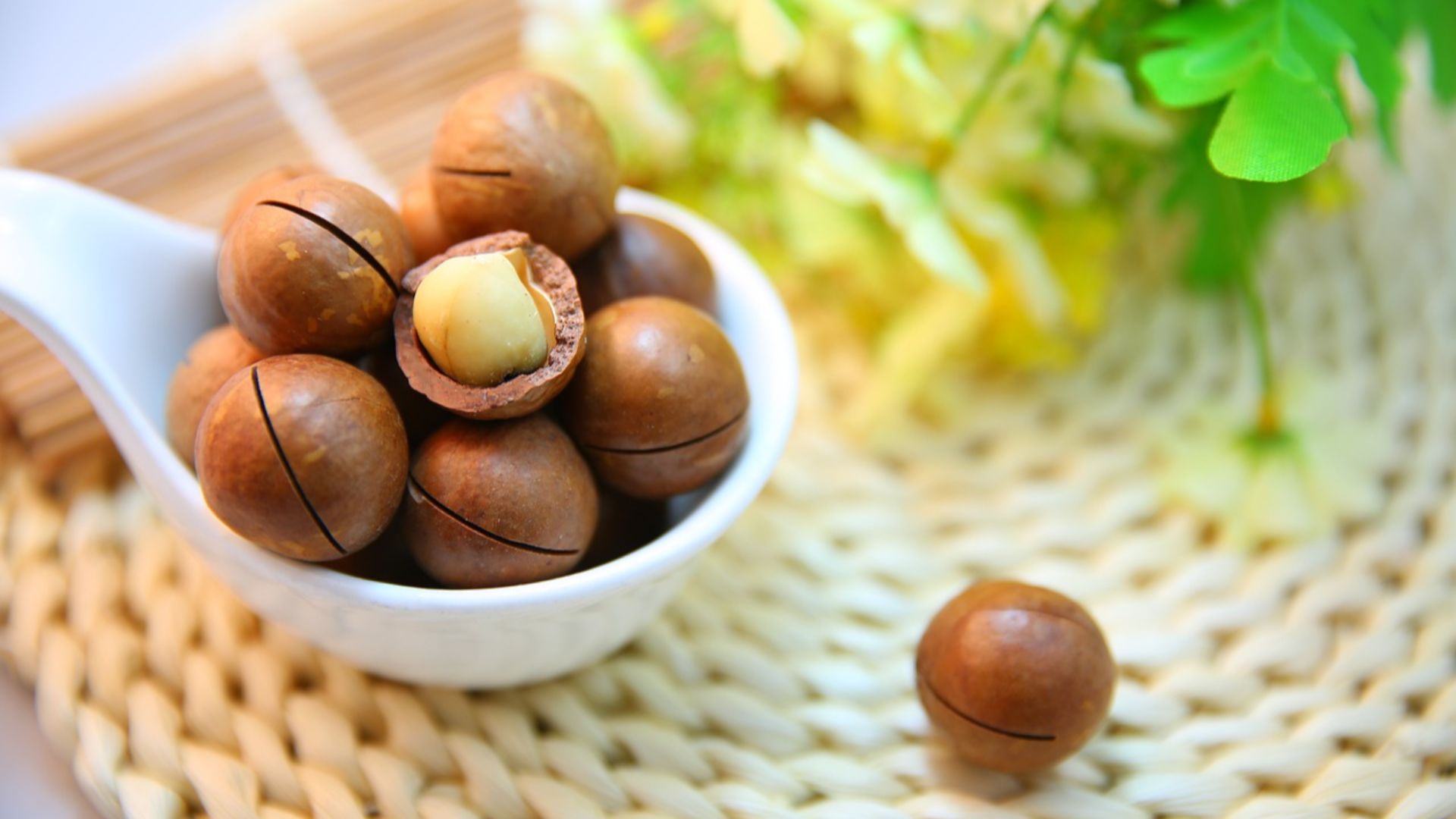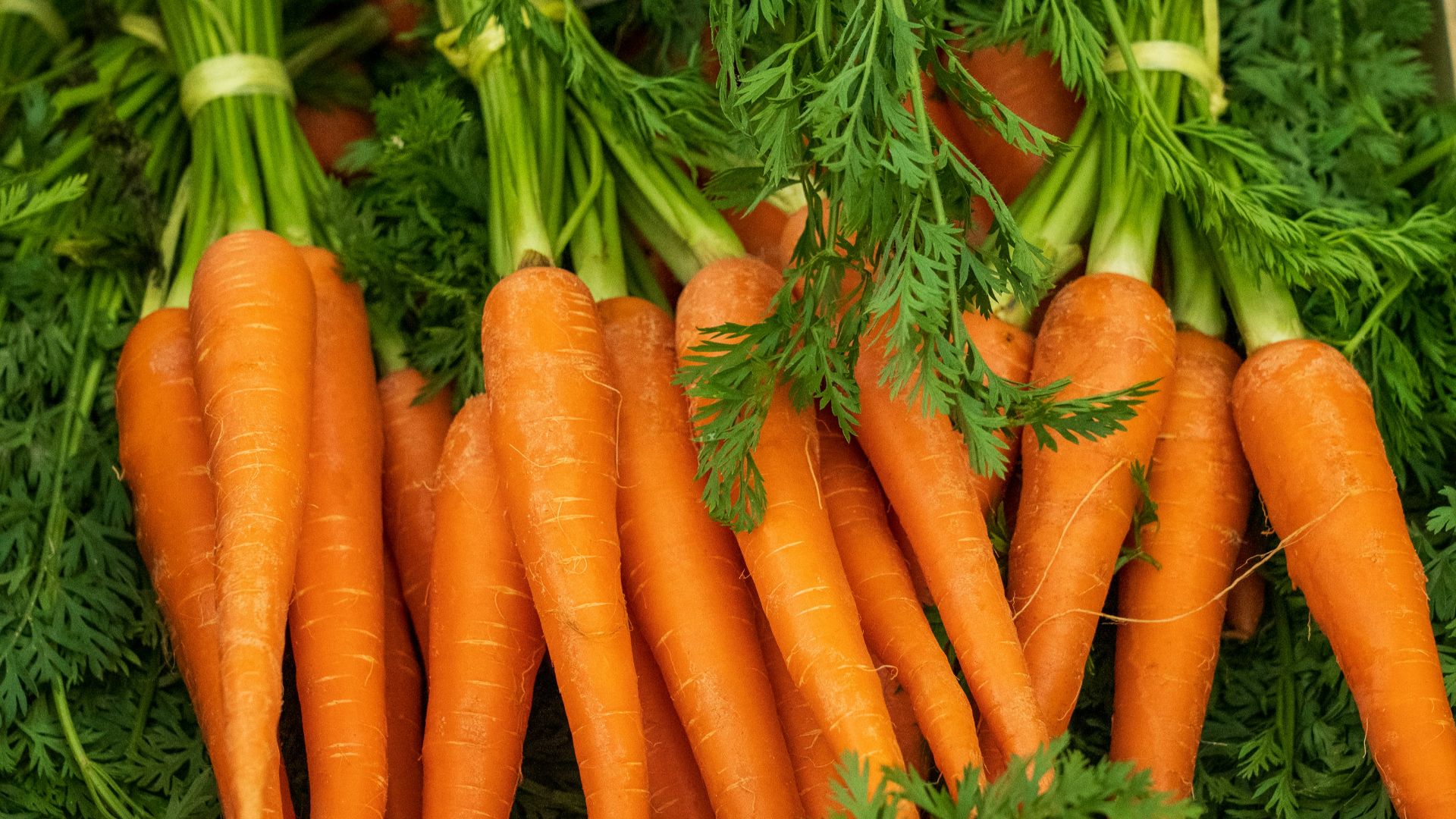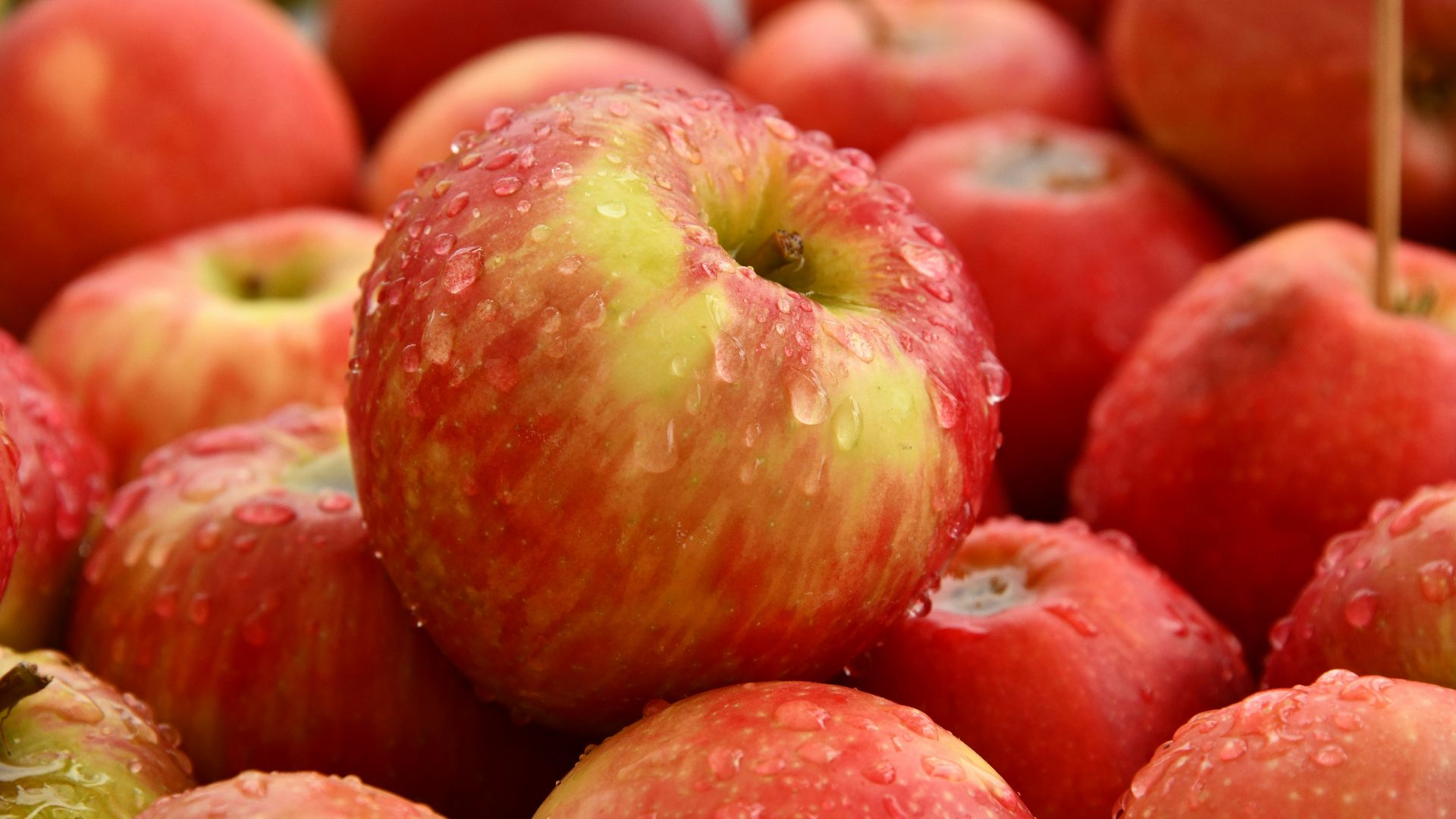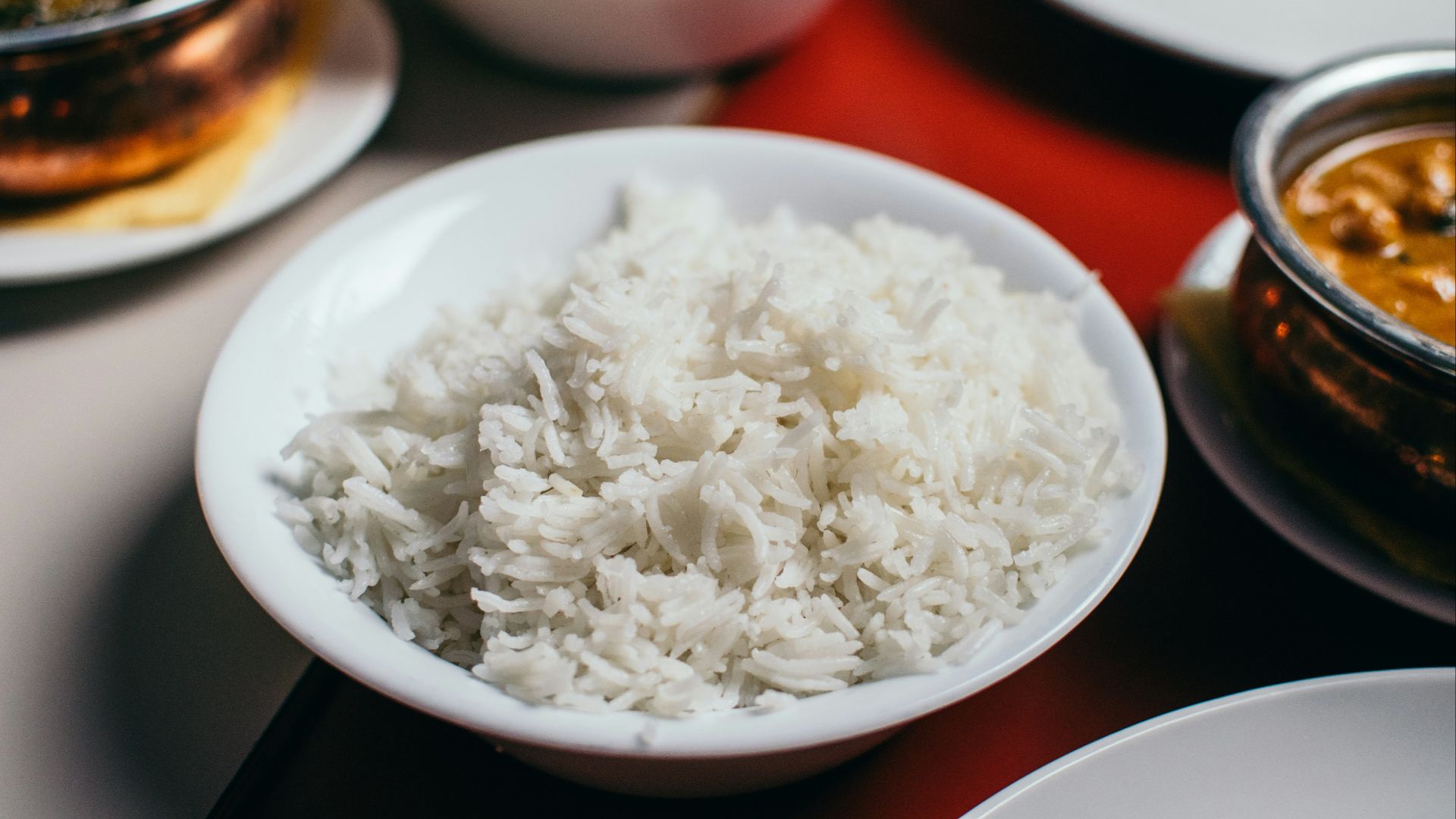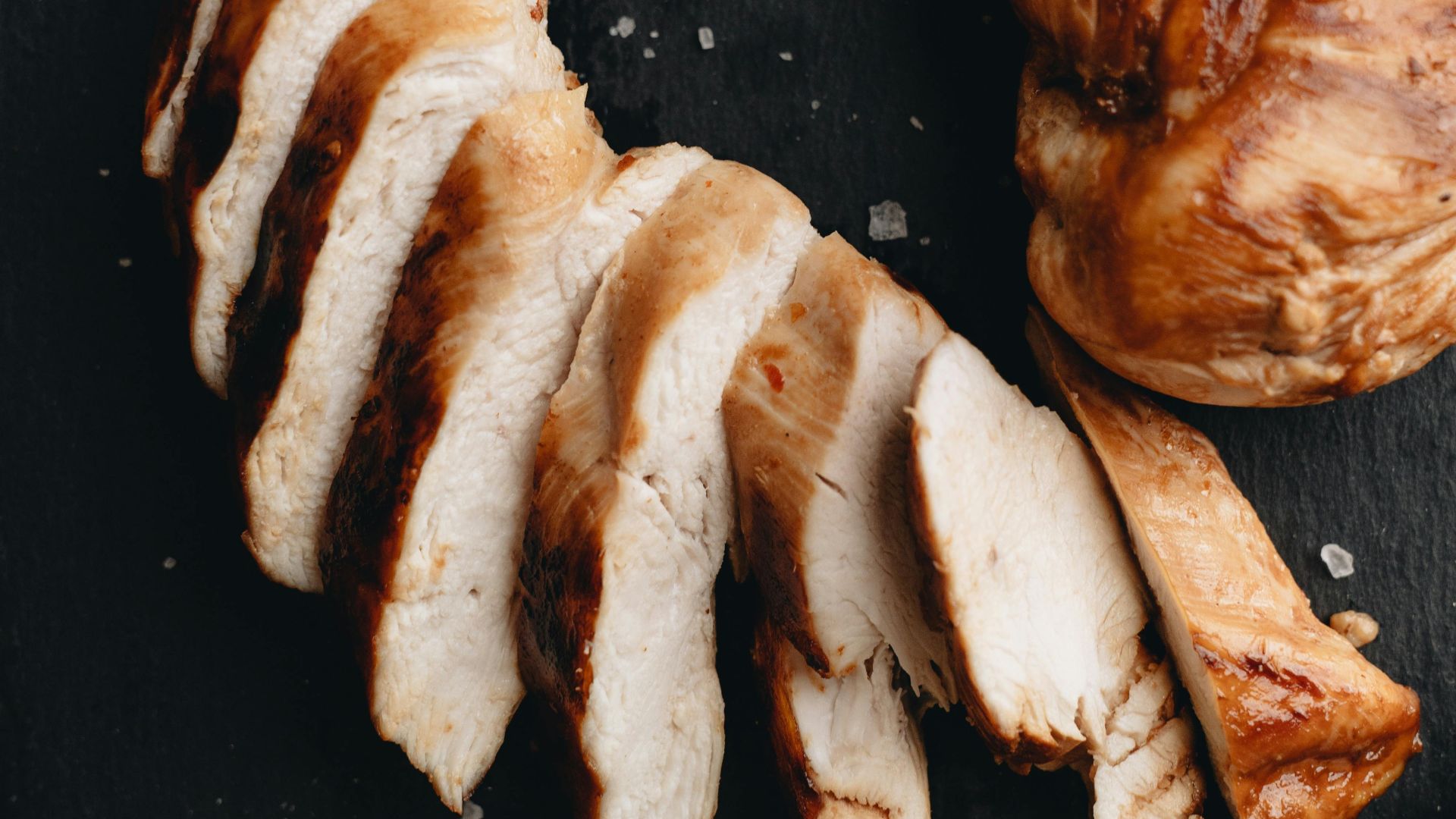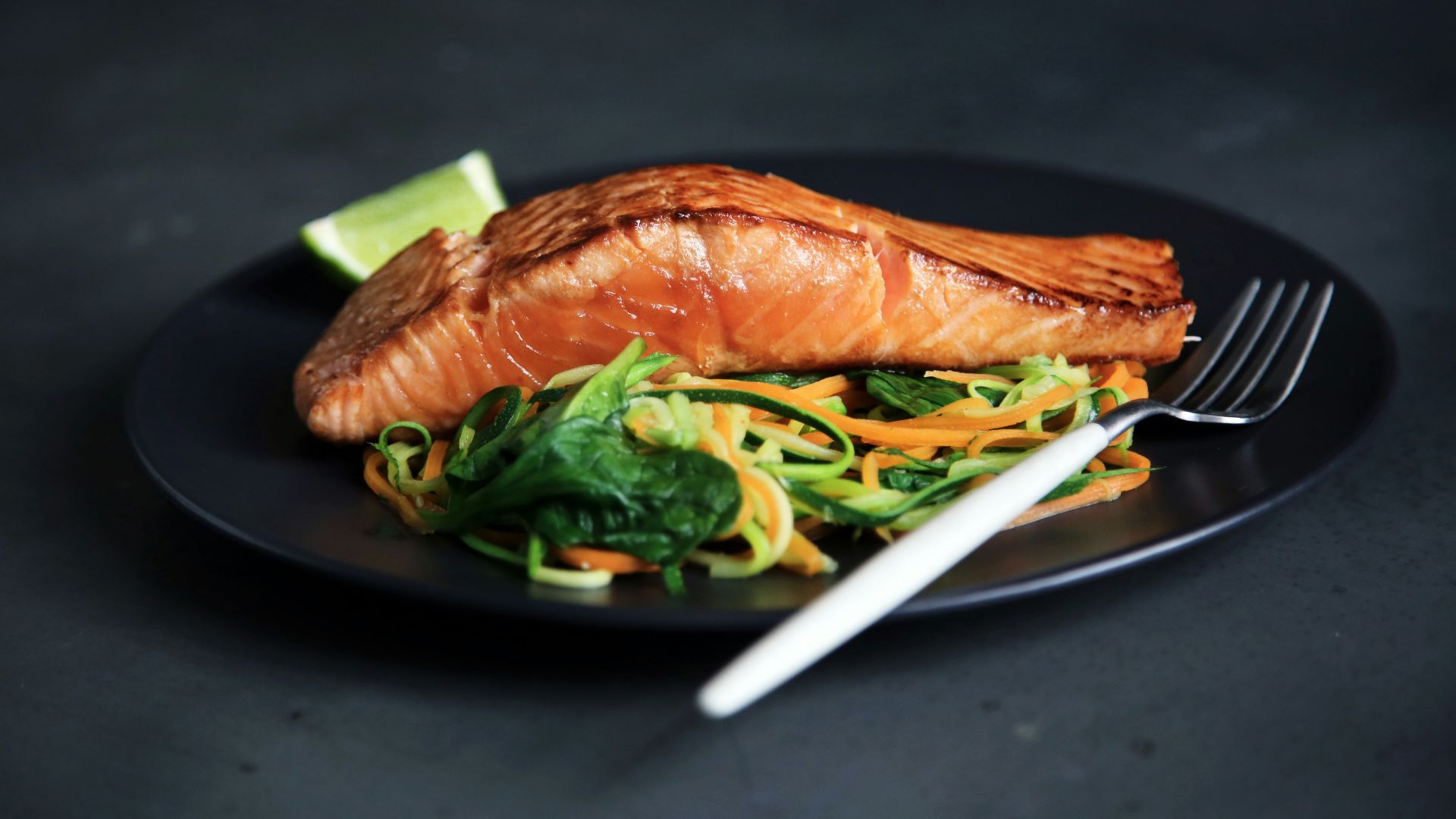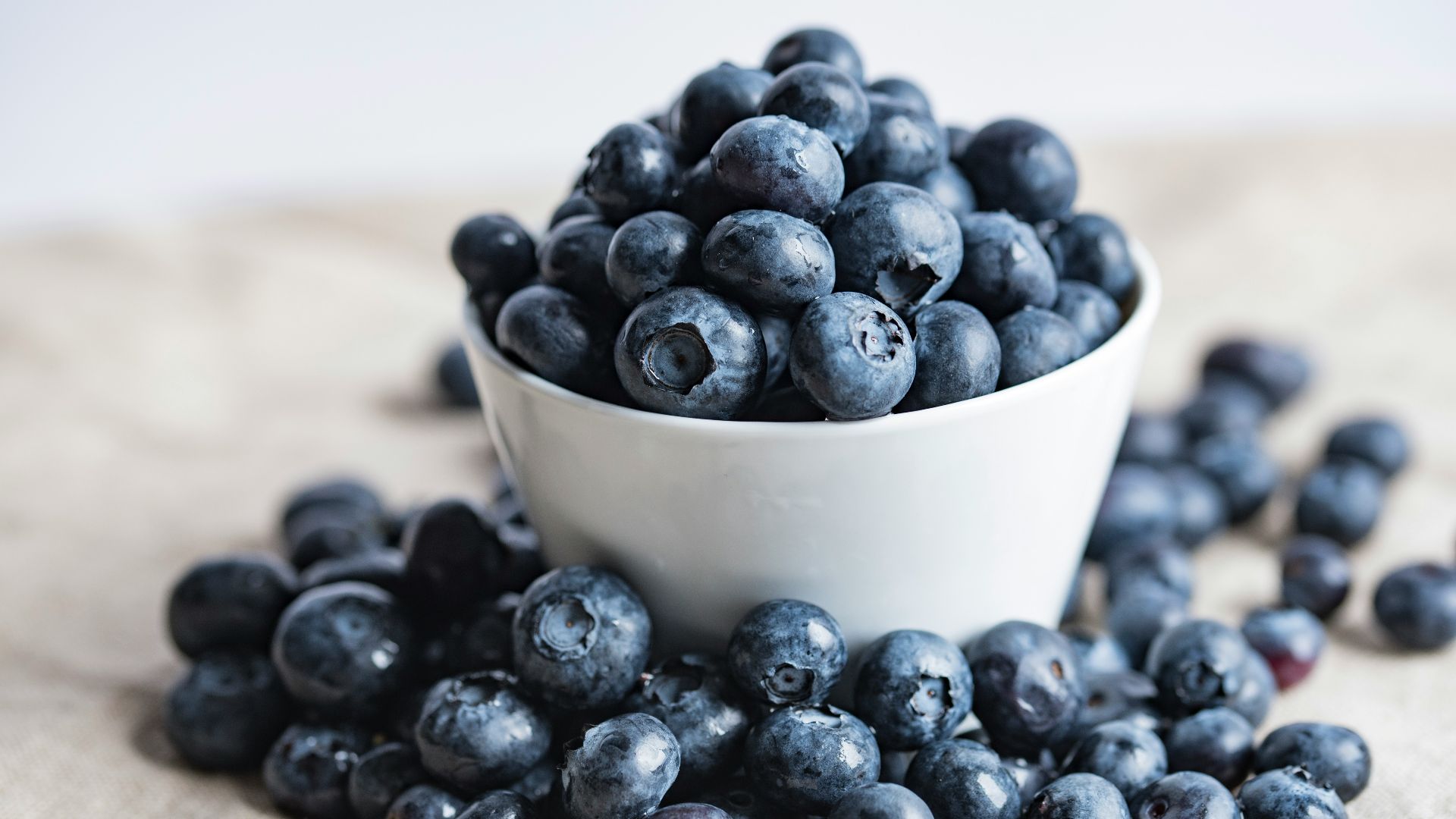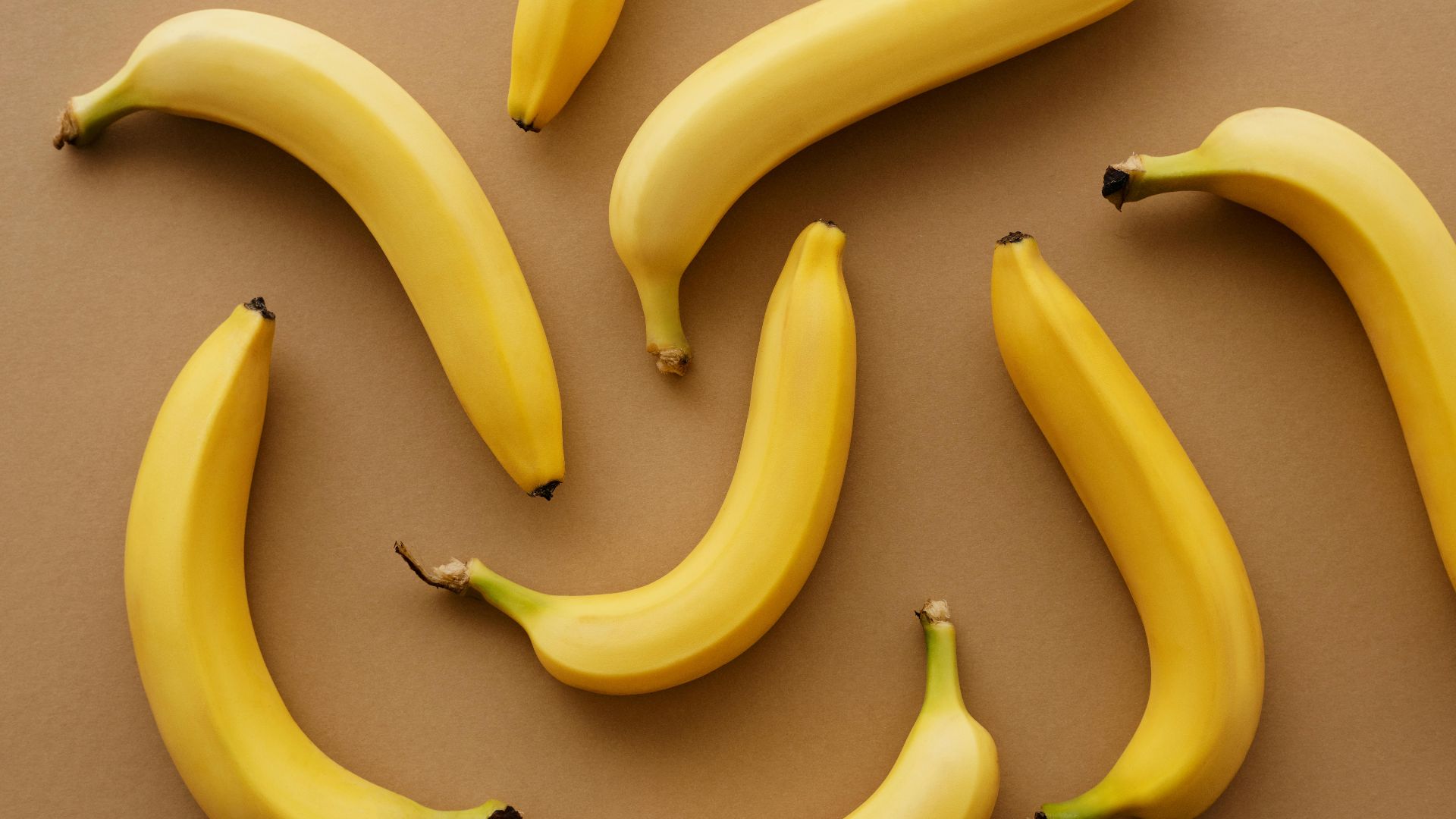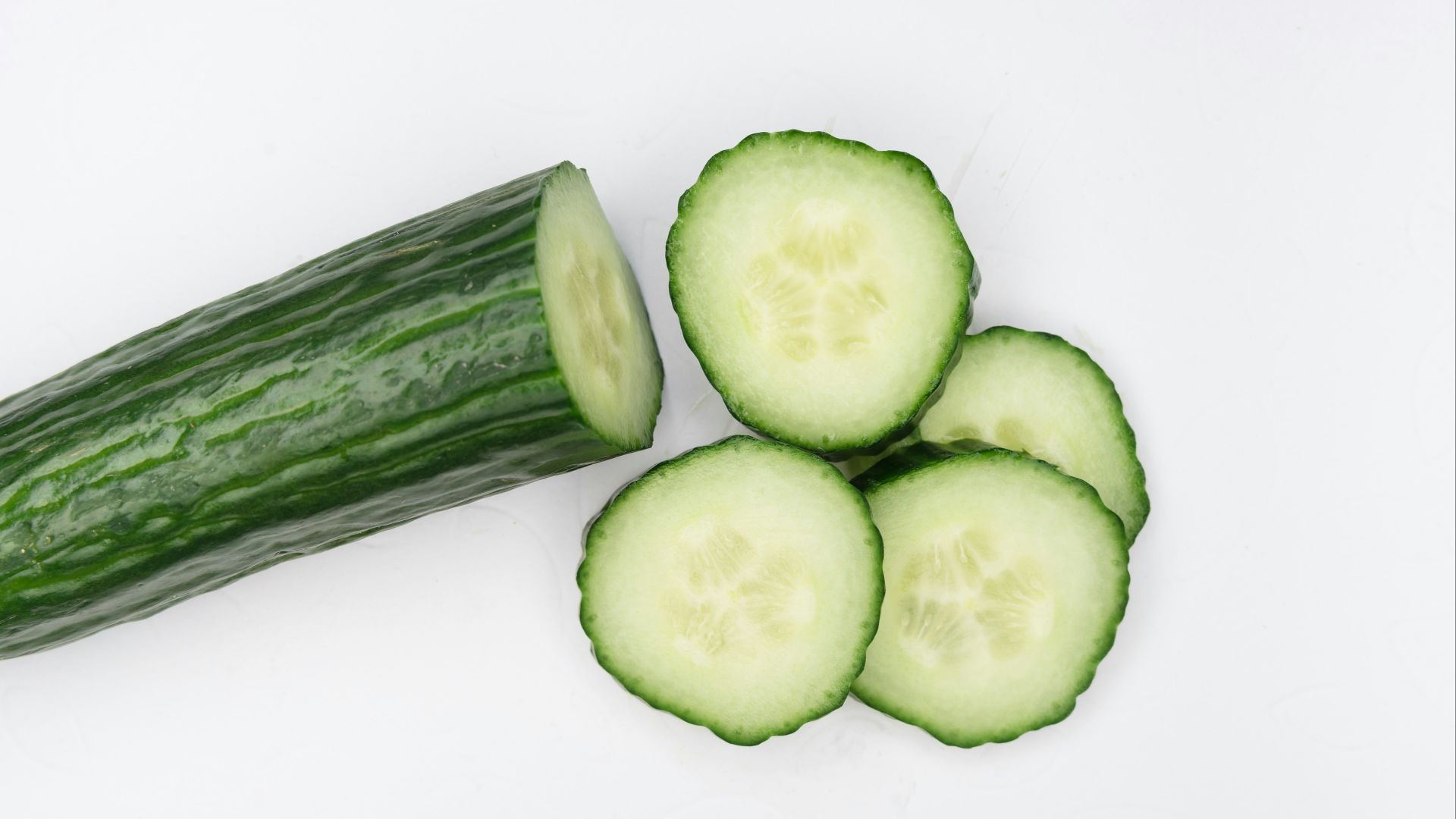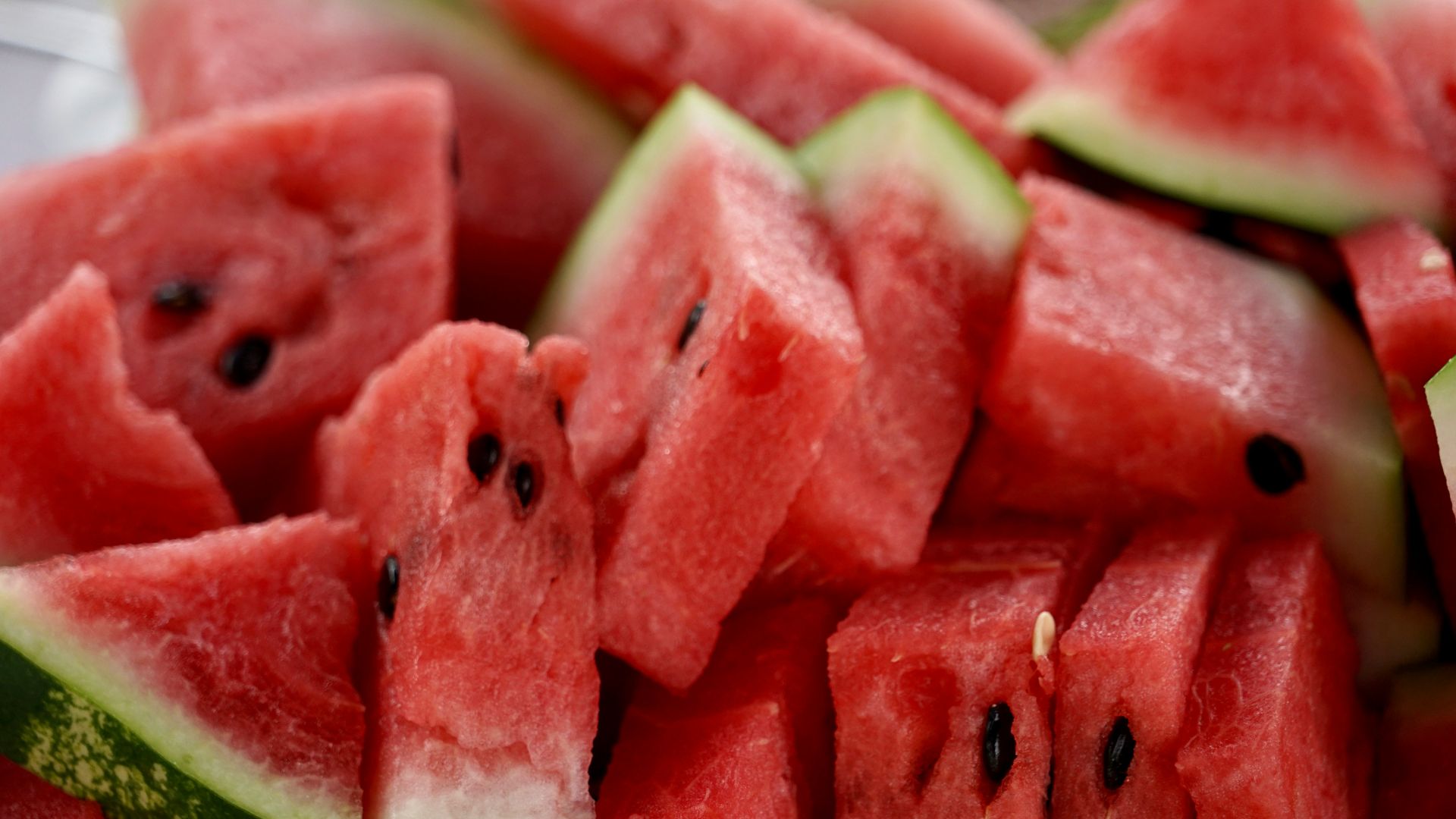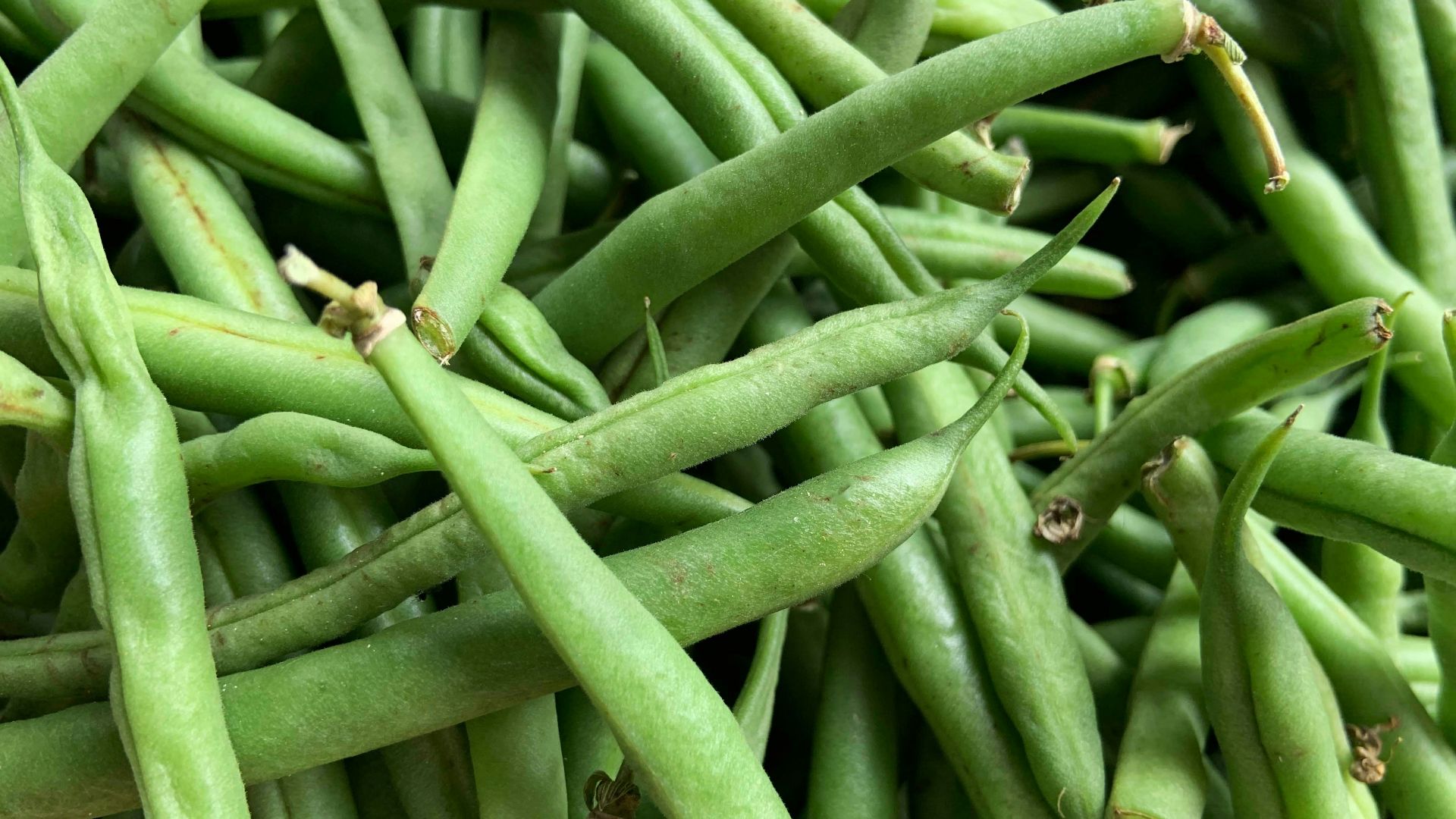10 People Foods You Should Never Feed Your Dog & 10 That Are Perfectly Safe
Which Human Foods Are Safe for Your Furry Friend?
We get it: sometimes, when you're eating dinner and your furry friend looks up at you expectantly, you can't seem to resist giving in and letting them have a bite of whatever's on your plate. They don't call them "puppy eyes" for nothing, after all. But there's a big reason to give pause—there are many foods that your pets can't eat. So before you share your snacks, here are 10 people foods you should never feed your dog and 10 that are perfectly safe.
1. Avocados
As healthy as avocados are for humans, feeding even just a little bit to your furry friend can be fatal. Avocados contain a toxin called persin, which can induce vomiting and diarrhea, and in extreme cases, can accumulate in the lungs, obstructing breathing. On top of that, the high-fat content in avocados could cause pancreatitis in dogs.
2. Caffeine
Sorry to break it to you, but your morning cup of Joe should not be shared with your doggo. Neither should you feed them tea, soda, or anything else with caffeine. The effect this stimulant has on us—jitteriness, rapid heart rate, upset stomach, diarrhea—presents in a similar way in dogs. Too much caffeine can cause arrhythmia or lung failure.
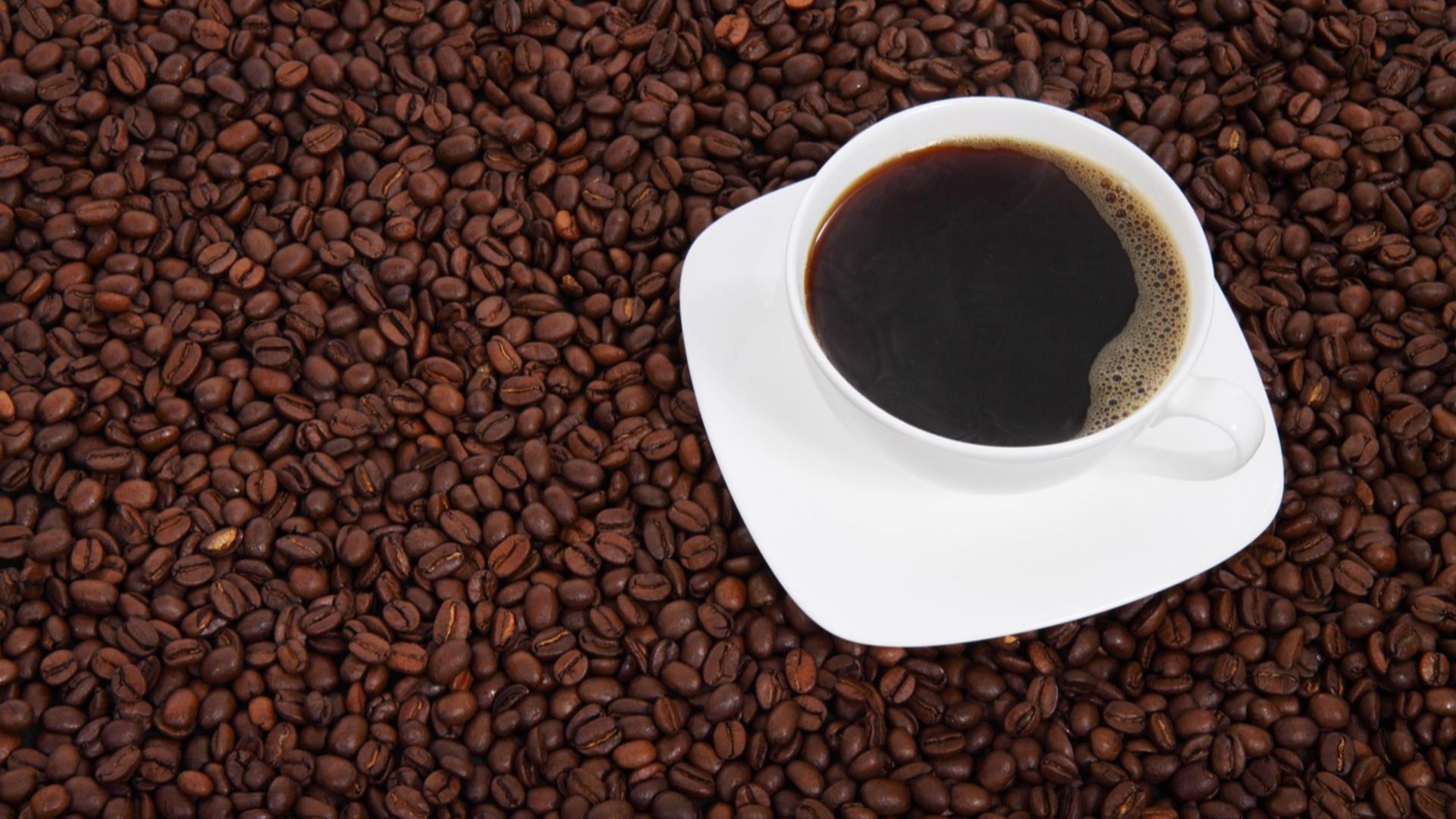 PublicDomainPictures on Pixabay
PublicDomainPictures on Pixabay
3. Grapes & Raisins
Grapes and raisins contain a toxic substance—which veterinarians suspect to be tartaric acid—that's highly poisonous to dogs and can put them at risk of kidney failure. Even a small handful can induce vomiting and diarrhea, so it's important to watch out for snacks and sweets that may contain this fruit.
4. Chocolate
Not only does chocolate contain caffeine, it also contains a chemical called theobromine, which dogs can't metabolize properly. Ingesting it can make them extremely ill or even cause seizures, internal bleeding, and heart attack. Varieties that are darker and less sweet are more dangerous and toxic, so keep ingredients like cocoa powder or baker's chocolate far out of reach.
5. Xylitol
A sweetener often found in chewing gum, candy, and other sweet treats, xylitol is considered safe for human consumption but toxic for our precious furry friends. This plant-based sugar alcohol can cause a dramatic drop in blood sugar for dogs, which may lead to seizures, collapse, liver damage, and even death.
6. Onions, Garlic, Chives, & Leek
You might think these vegetables sound healthy, but they contain a toxic compound—organosulfoxides—that can damage red blood cells and cause anemia in dogs. Make sure you never feed parts of your dinner to your dog if you regularly cook with these ingredients.
7. Alcohol & Yeast Dough
Dogs cannot handle alcohol in any amount. In addition to the initial onset of symptoms—vomiting, diarrhea, breathlessness—it can also quickly result in lung failure, seizures, coma, and death in higher amounts. Raw yeast (bread) dough is also extremely toxic: it can expand in a dog's stomach, causing bloating, and can also lead to alcohol poisoning when the yeast ferments.
8. Mushrooms
While only some mushroom varieties are toxic to dogs, it's best to never feed them fungi. Without knowing for sure which kinds you're feeding them, letting your furry friend take even a single bite of a toxic mushroom can be fatal.
9. Tomatoes
Fully ripened tomatoes are generally okay to share with your doggo, but you should never feed them an unripened fruit or any part of its leaves or stem. In particular, the green section contains a toxic chemical compound called solanine which dogs can't tolerate. But to be on the safe side, keep tomatoes on the "no" list.
10. Macadamia Nuts
Never give your dog macadamia nuts—even a small handful can be fatal. Within a few hours of ingesting, macadamia nut poisoning will result in symptoms like vomiting, lethargy, and fever. And since this nut variety is high in fat, it may also lead to pancreatitis in dogs.
But what can you feed your dog? While it's recommended to stick to treats that are specifically made for your furry friend, there are some human foods you can still give them.
1. Carrots
Not only do carrots provide a great source of vitamin A, making it a nutritious snack for your doggo, they also promote good dental health as chewing on them can remove plaque from teeth. Add some of this orange vegetable to your furry friend's plate to boost their health!
2. Apples
As long as you feed your dog fresh apples, these fruits can aid digestion, being a great source of fiber and vitamins A and C. But never give them bad or rotting flesh, as it can lead to alcohol poisoning and even death.
3. White Rice
Is your doggo down with an upset stomach? Feeding them some plain cooked white rice may help! That said, white rice can also cause blood sugar hikes, so don't go overboard with your portions. Avoid rice completely if your dog has diabetes.
4. Plain-Cooked Meat
Plain-cooked chicken, beef, pork, and turkey are simple yet delicious protein choices to feed your dog. And by plain, we mean unseasoned—it might sound bland to you, but it's better for your pet. You should also make sure to remove the fat from the meat first or it may cause pancreas issues in dogs. For pork, avoid processed, greasy varieties like bacon.
5. Fish
Salmon and tuna are rich in omega-3 fatty acids, which can help maintain a healthy digestive system in dogs. They're also great alternative sources of protein. Before feeding fish to your doggo, always make sure it's thoroughly cooked.
6. Blueberries
Among the fruits deemed safe for dogs to eat are blueberries, which contain fiber, phytochemicals, and antioxidants. These compounds and substances help fight off free radicals in the body to protect cells from damage, and may lower the risk of chronic diseases and disorders.
7. Bananas
Bananas are high in fiber and magnesium, the latter of which helps with bone health. However, since this fruit is also naturally fairly sugary, it's best to only feed it to your dog once in a while as an occasional treat.
8. Cucumbers
If your doggo is a little chonky, try feeding them cucumbers. This refreshing vegetable is rich in vitamins and minerals—like vitamin K, which acts like an antioxidant and protects cells from damage—making it a nutritious snack for pets that need to shrink a few pounds.
9. Watermelon
Watermelon is a great summer treat to keep your dog hydrated and happy. But make sure to only feed them the vibrant, fleshy bit, sans rind and seeds. The seeds in particular, if left in, can cause a blockage in the intestines, so it's important to remove them.
10. Green Beans
Another healthy vegetable you can add to your dog's plate is green beans. These long, verdant sticks are loaded with nutritious essentials, like calcium, iron, vitamin K, and protein. While you can feed them to your dog cooked or raw, leave them unseasoned and make sure to chop them into smaller pieces to prevent choking.


